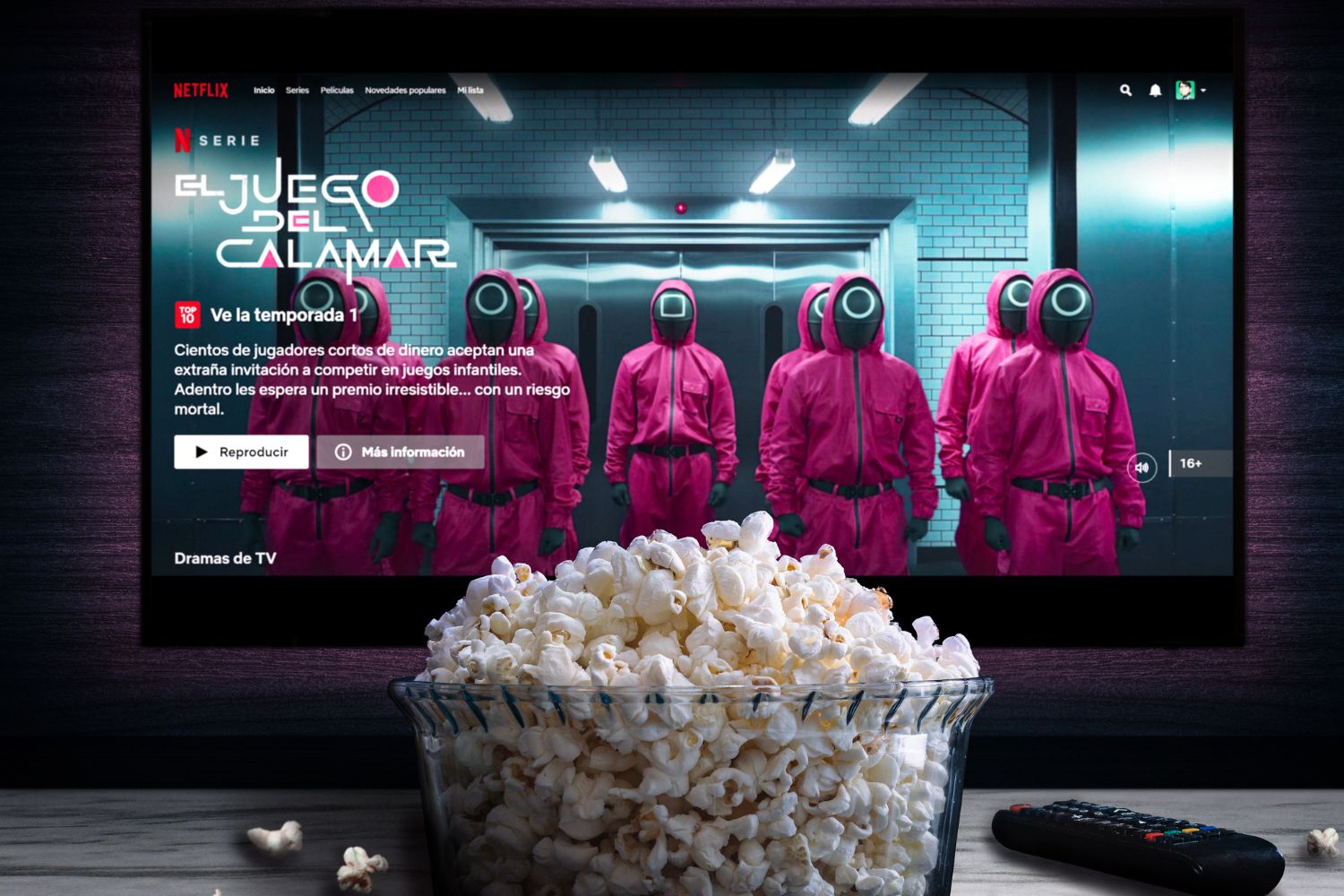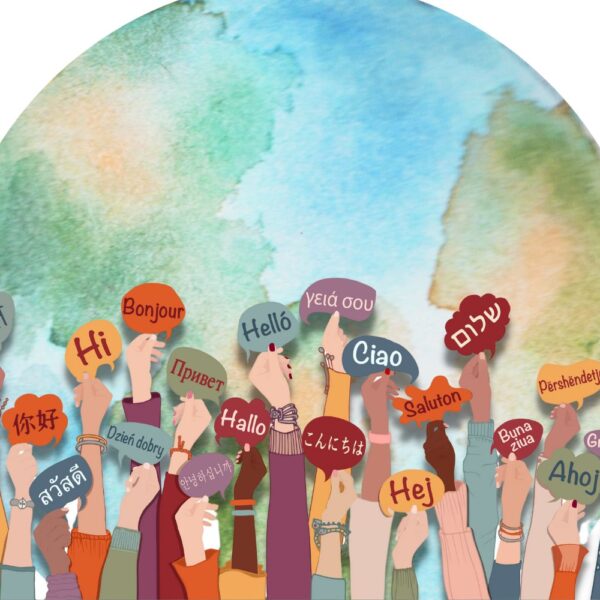From Script to Subtitle: The role of translation in film and entertainment

In the realm of global entertainment, the power of storytelling knows no boundaries. From Hollywood blockbusters to international indie films, music videos, and web series, the magic of creative expression transcends languages, cultures, and borders.
One of the unsung heroes behind this enchantment is translation. Whether it’s subtitling, dubbing, or adapting scripts, the role of translation in film and entertainment is paramount, bridging the gap between diverse audiences and narratives.
The Symbiotic Relationship
Translation and entertainment have a mutually beneficial relationship that goes beyond language. Translation not only allows creators and storytellers to reach a larger audience, but it also enhances viewers’ experiences by making stories more accessible and understandable.

The intricate connection between translation and entertainment lies in their shared purpose: to evoke emotions, provoke thoughts, and foster a connection between different worlds.
Breaking Language Barriers
The most obvious contribution of translation in the world of entertainment is breaking down language barriers. A film or show that’s limited to its original language can only resonate with a fraction of the global audience.
Translation enables these narratives to transcend linguistic differences and touch the hearts of people from various corners of the world. It transforms a local tale into a universal experience, offering a glimpse into cultures and perspectives that might otherwise remain hidden.
Cross-Cultural Understanding
Translation in film and entertainment fosters cross-cultural understanding by exposing audiences to diverse worldviews. When we watch stories from different parts of the world, we gain insights into the lives, struggles, and triumphs of people from different backgrounds.

This exposure helps break down stereotypes and promotes a more inclusive and open-minded society.
Subtitling vs. Dubbing
Subtitling and dubbing are the two most used ways of translation in film and entertainment. Subtitling is the practice of superimposing a translated transcript at the bottom of the screen, allowing viewers to hear the original audio while reading the translated text. This method preserves the original performance’s authenticity while also allowing spectators to follow the story in their native tongue.

Dubbing, on the other hand, entails replacing the original audio with translated voiceovers. While dubbing can occasionally cause lip-sync and emotional delivery of lines to differ, it delivers a more immersive experience for viewers who want to hear the dialogue in their language.
The choice between subtitling and dubbing often depends on cultural preferences and the target audience’s familiarity with the original language.
Adapting Humor and Wordplay
Translating humor and wordplay is one of the most challenging aspects of translation, especially in comedy and animation. Puns, jokes, and cultural references that are hilarious in one language might fall flat or lose their impact when translated.
Skilled translators find creative ways to adapt these elements, sometimes by replacing them with equivalent jokes or by cleverly using language to capture the essence of the humor.
Economic Impact
The impact of translation on the film and entertainment industry extends beyond artistic enrichment. Films that are effectively translated can tap into global markets, reaching audiences that might otherwise be inaccessible due to language barriers.

This expands revenue streams and encourages international collaborations, enriching the industry.
Challenges and Considerations
While the role of translation in film and entertainment is crucial, it’s not without its challenges. Finding skilled translators who understand the cultural context, have a command of both source and target languages, and possess creative storytelling abilities can be a complex task. Moreover, striking a balance between maintaining cultural authenticity and ensuring universal appeal can be delicate.
Translation plays a transformative role in bringing stories to life across linguistic and cultural boundaries. Through the art of translation, narratives can travel the world, leaving a trail of emotions, inspiration, and shared experiences.
As technology advances, the importance of skilled translators in the entertainment industry will only continue to grow, ensuring that the magic of storytelling reaches every corner of the globe.
Teneo Linguistics Company (TLC) is a certified small, woman-owned language services provider that offers a variety of customizable services to fit our customers’ individual needs, in over 180 languages. Learn more about how TLC can support your business with expert language services at www.tlctranslation.com.






